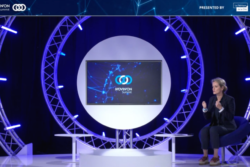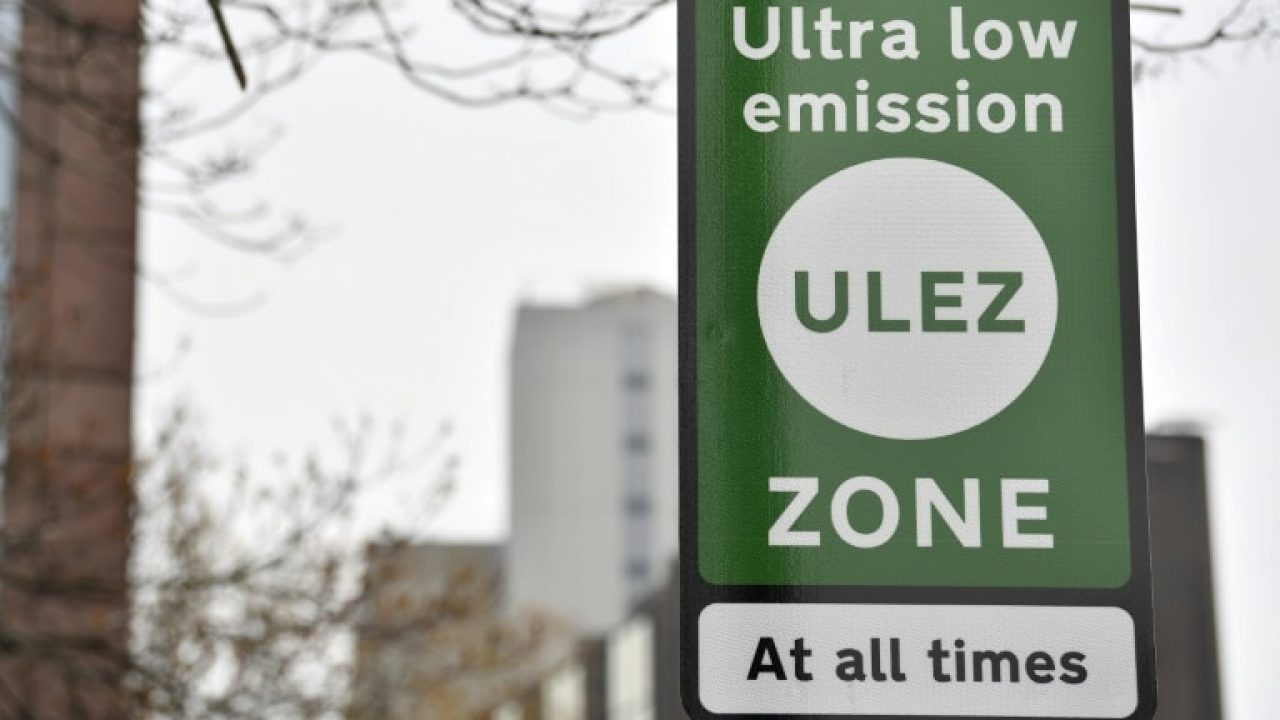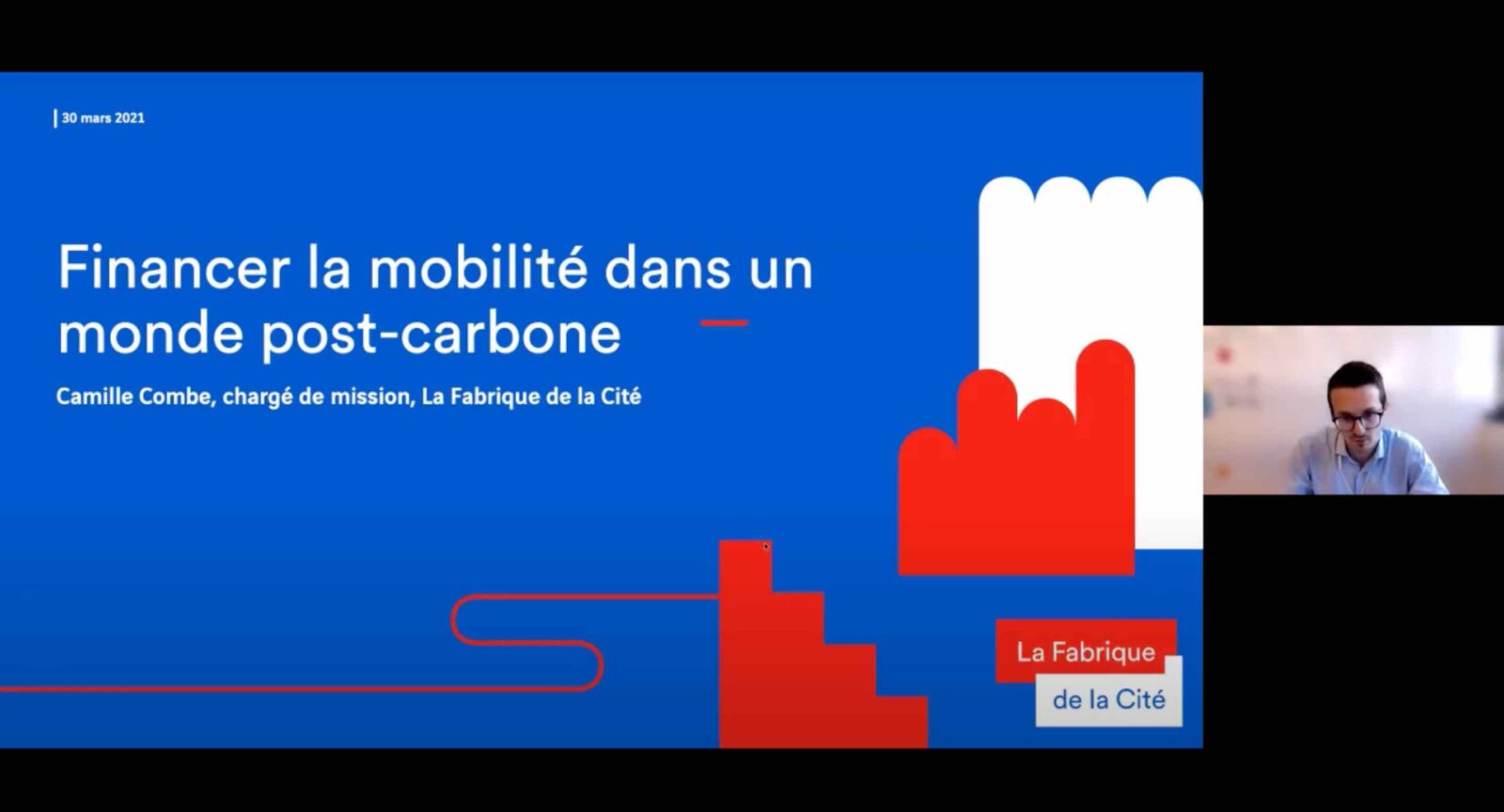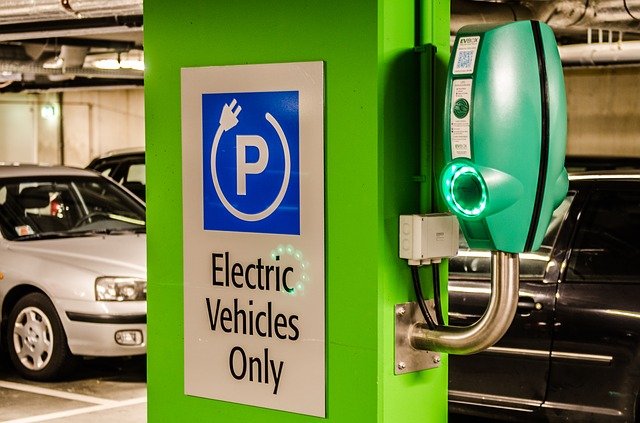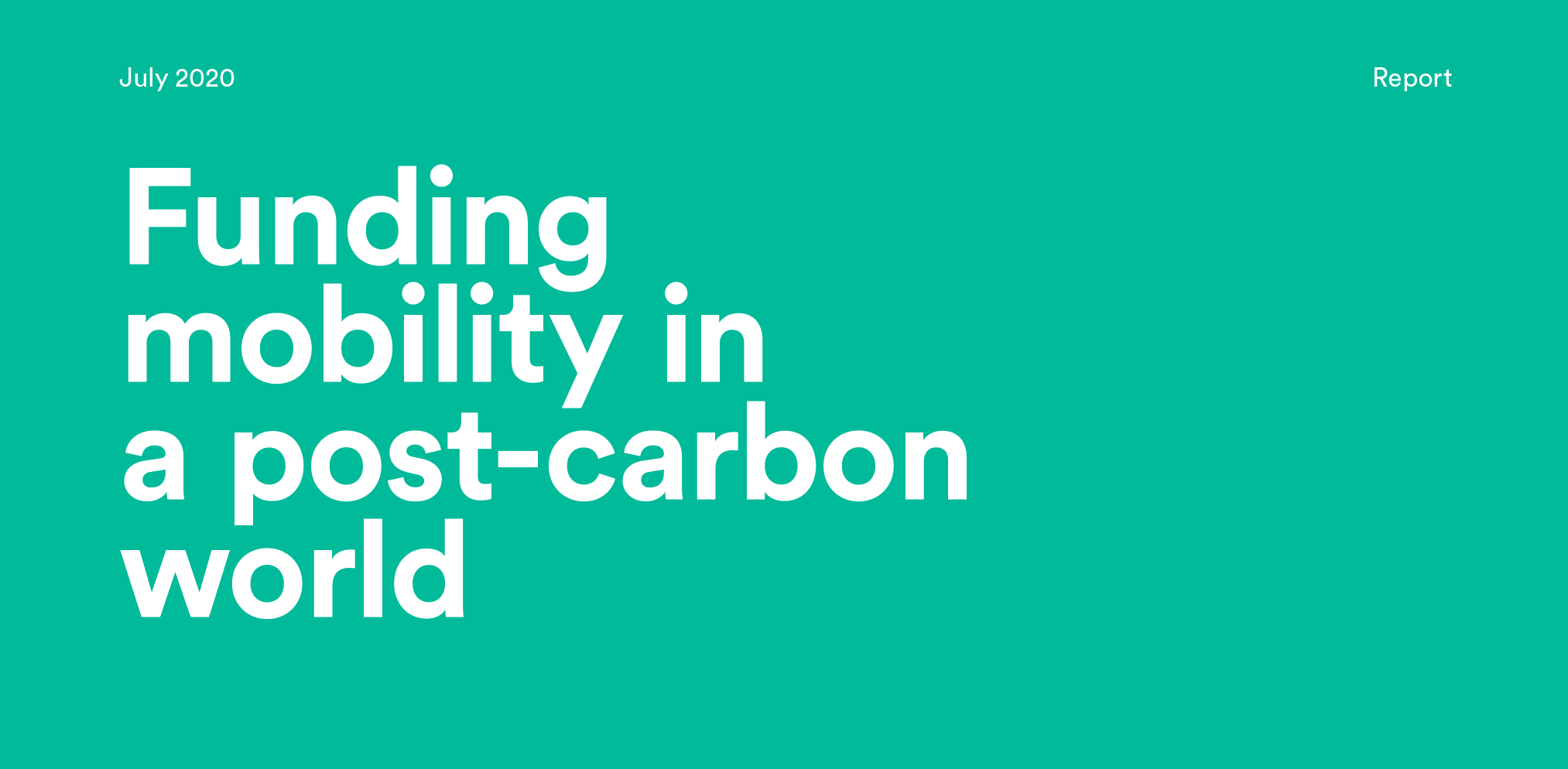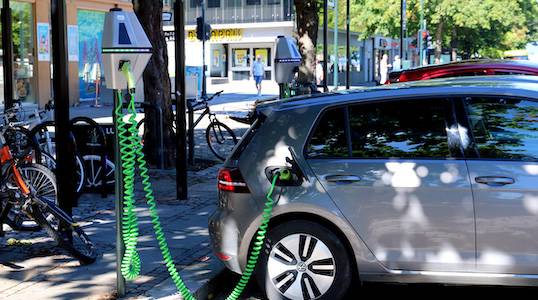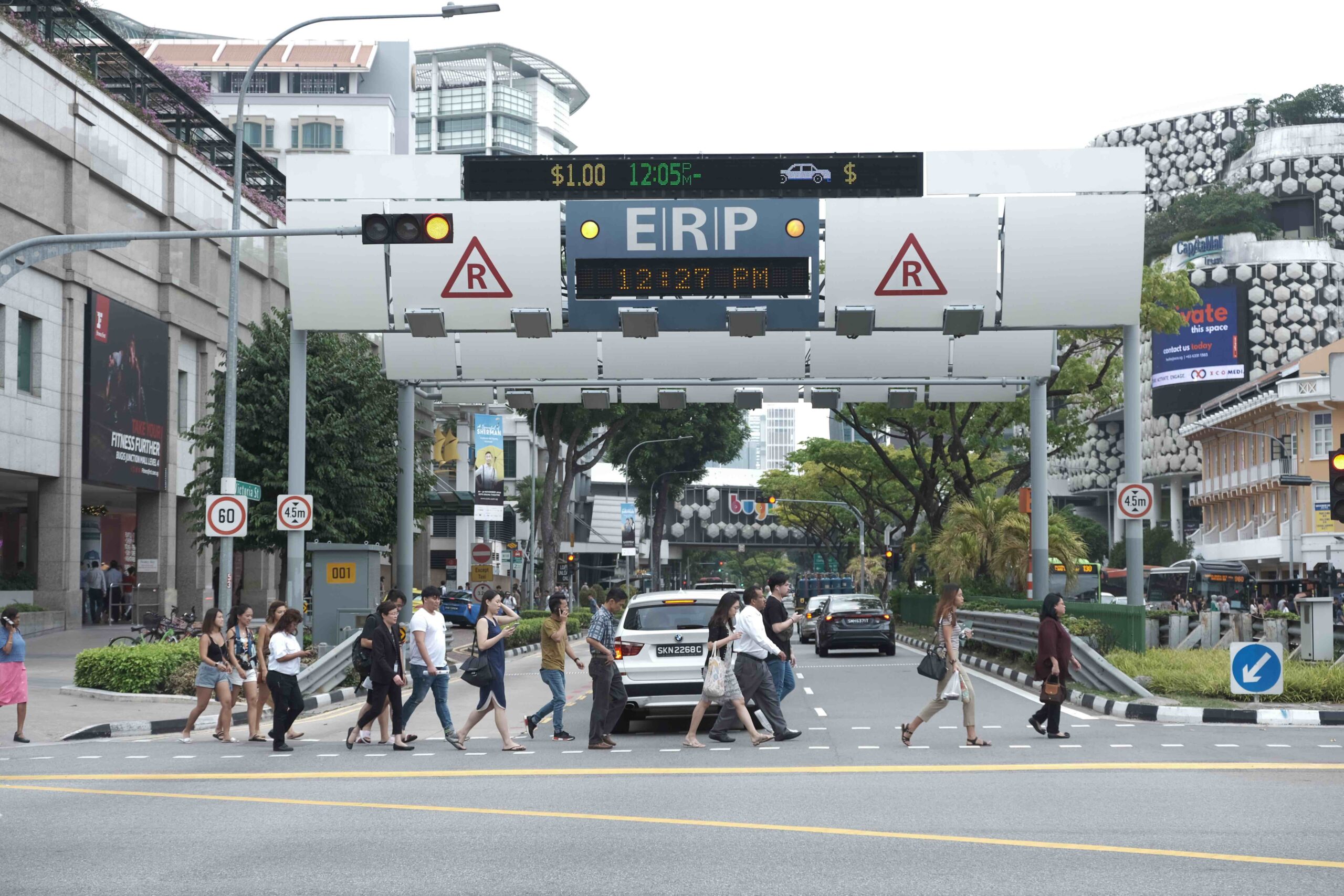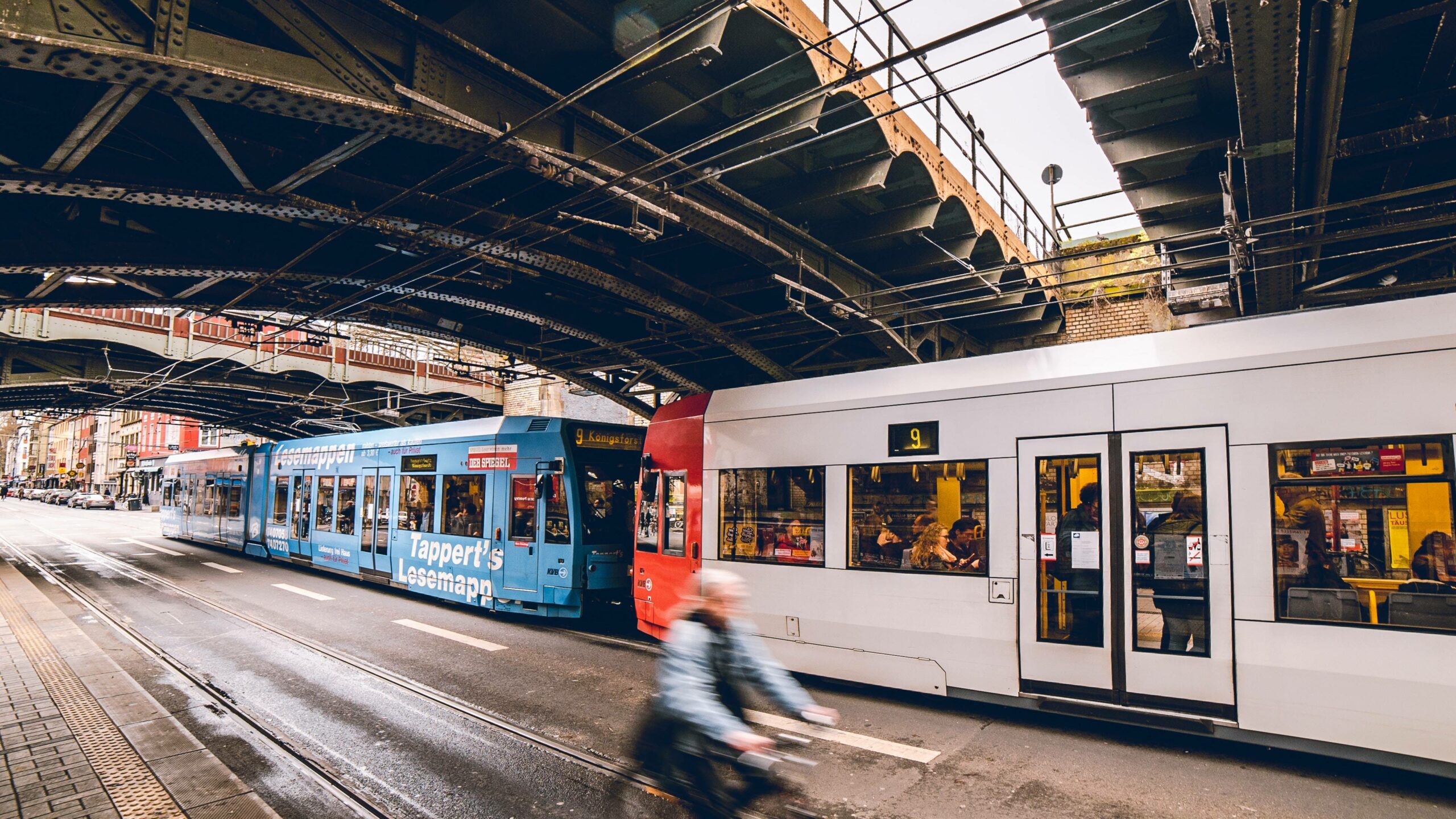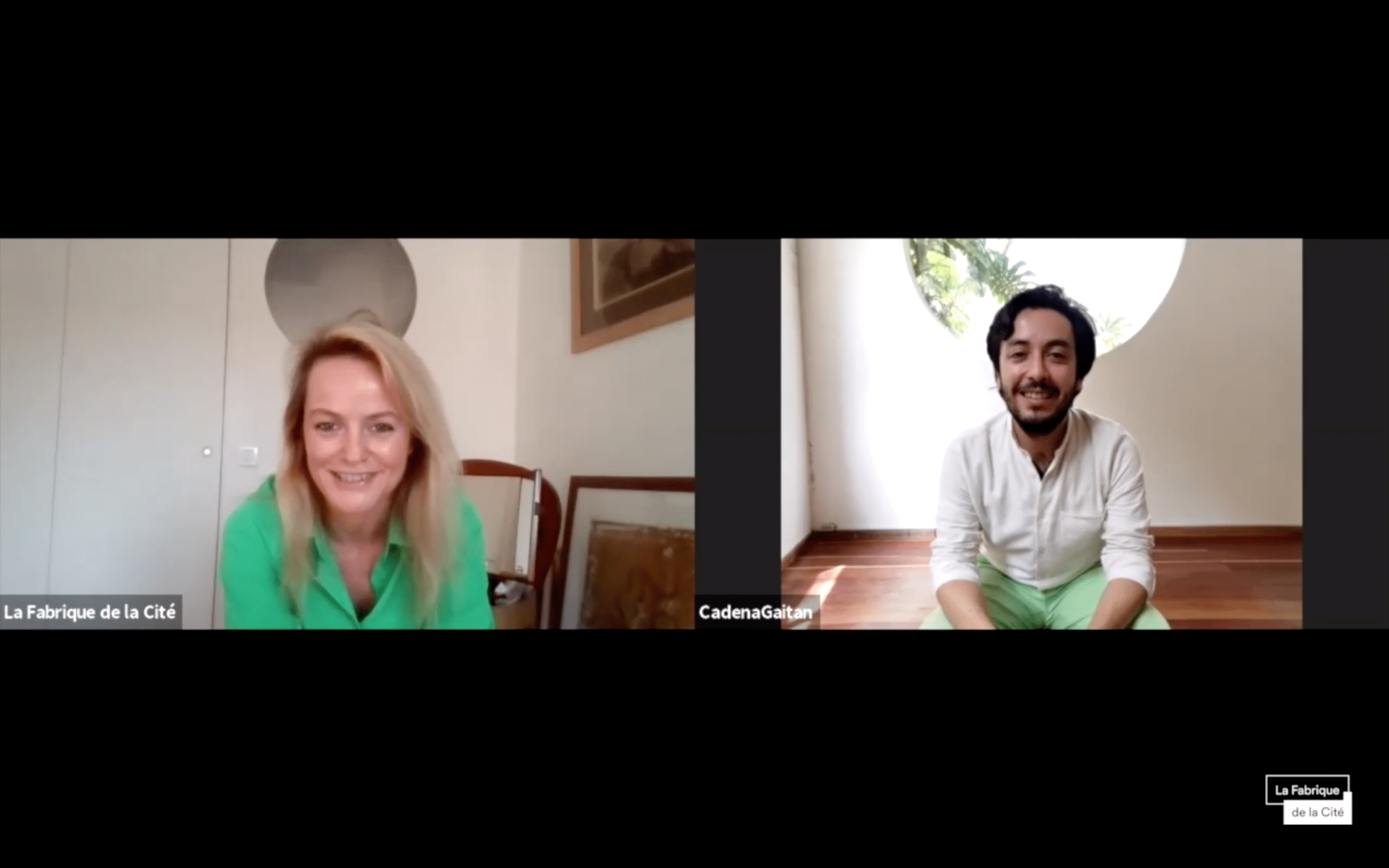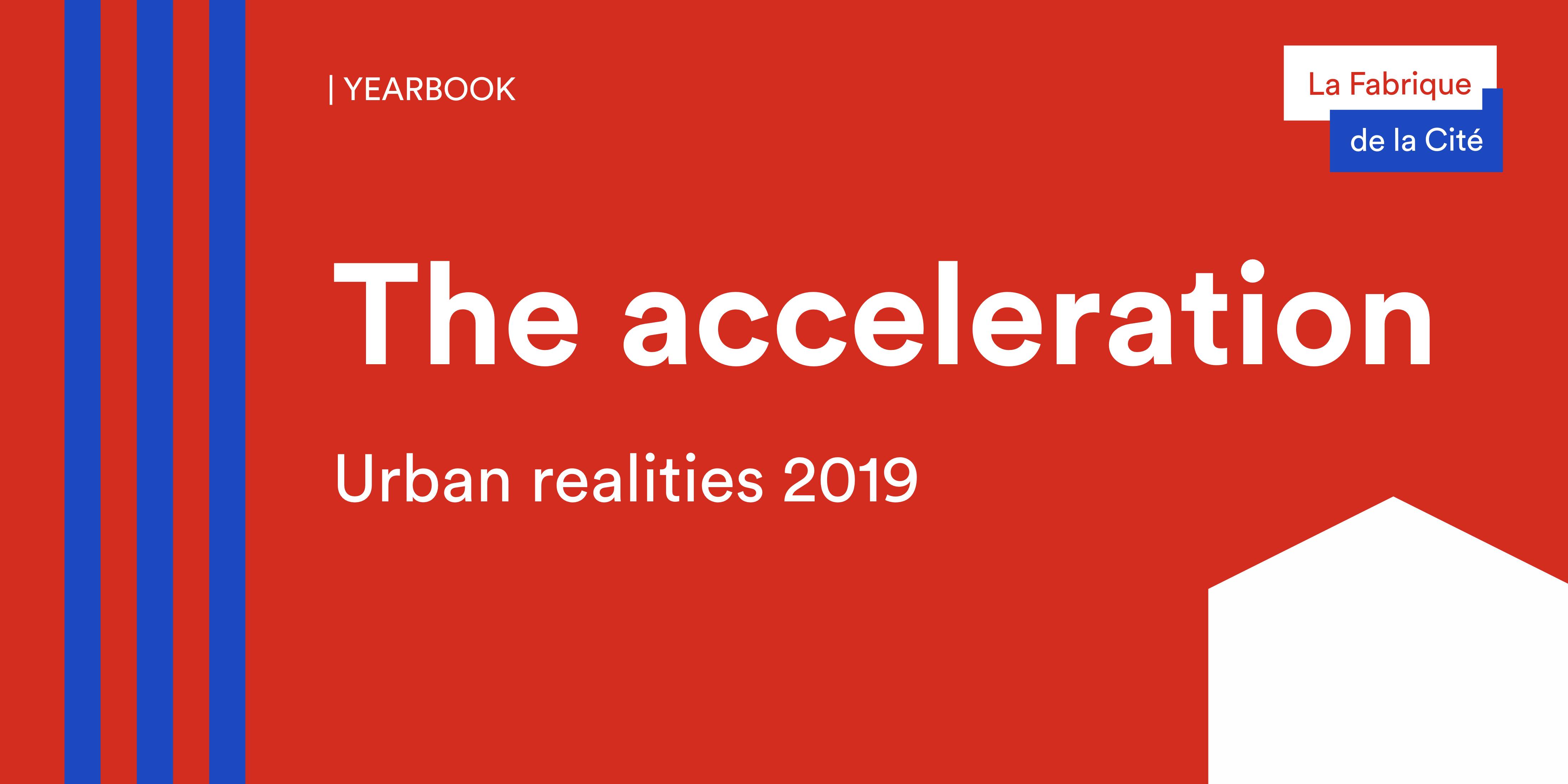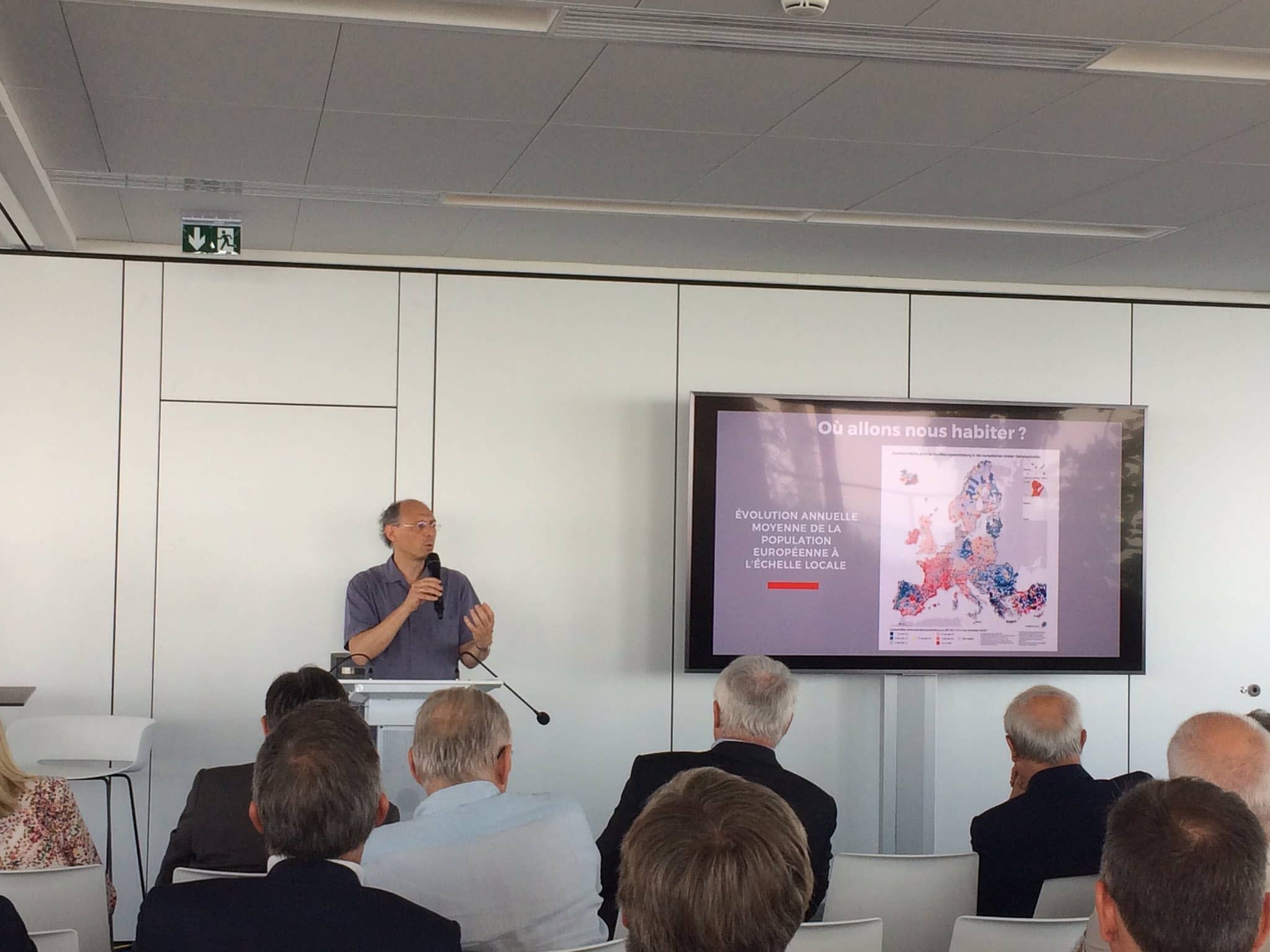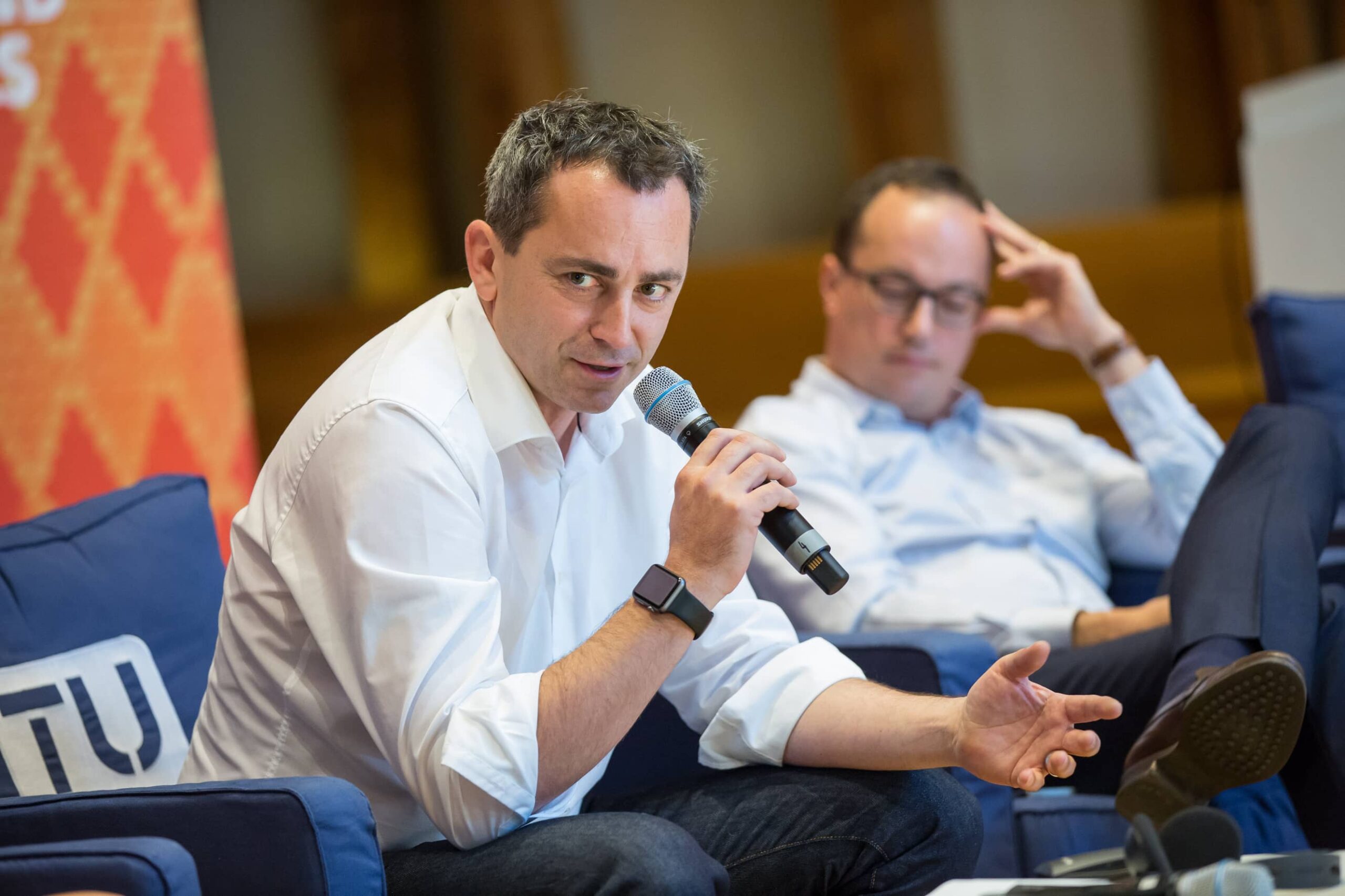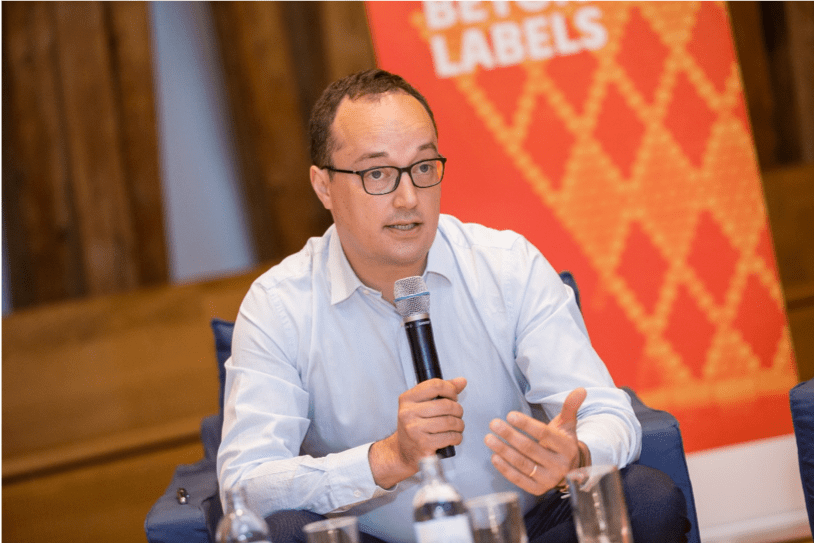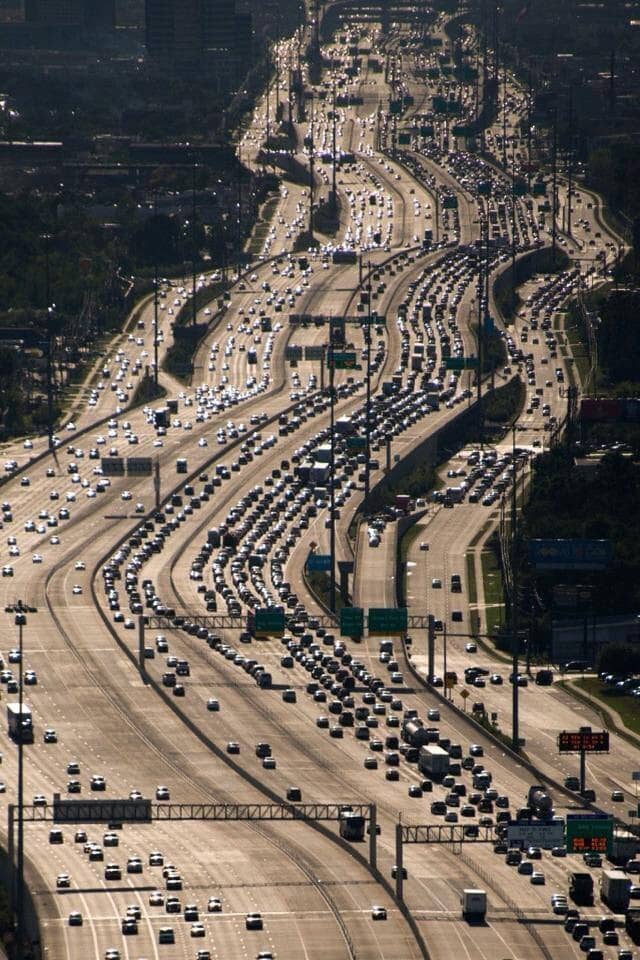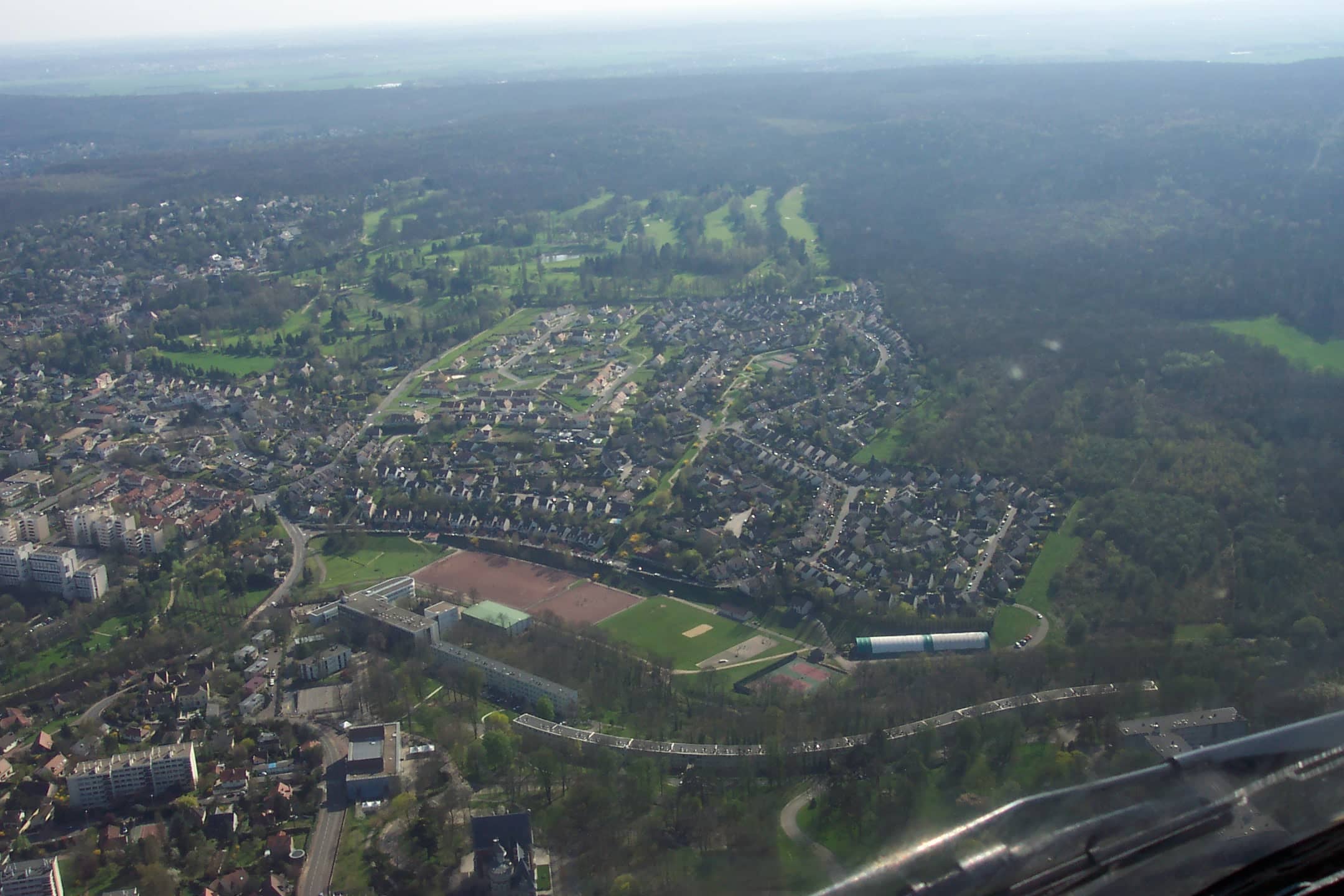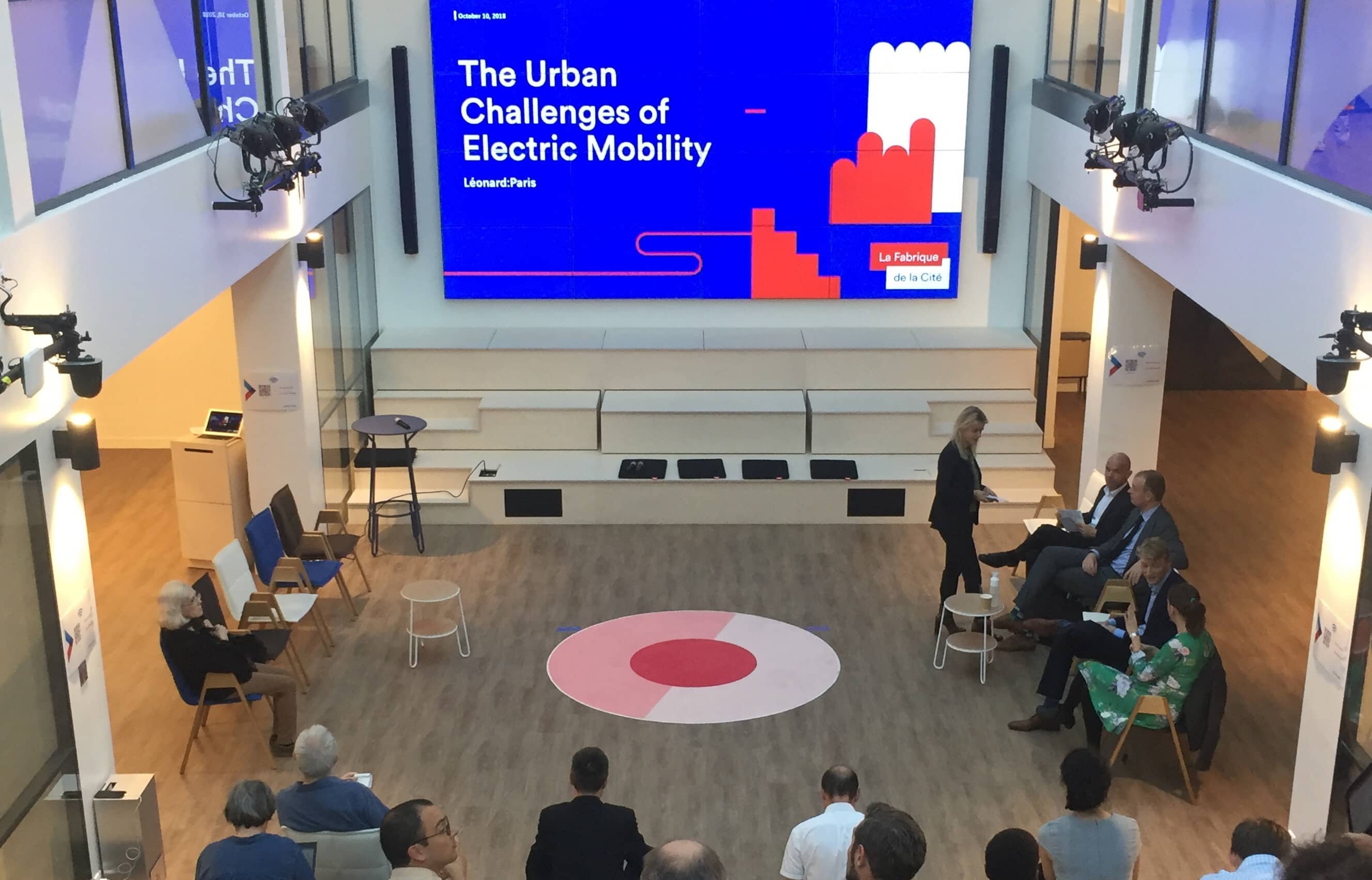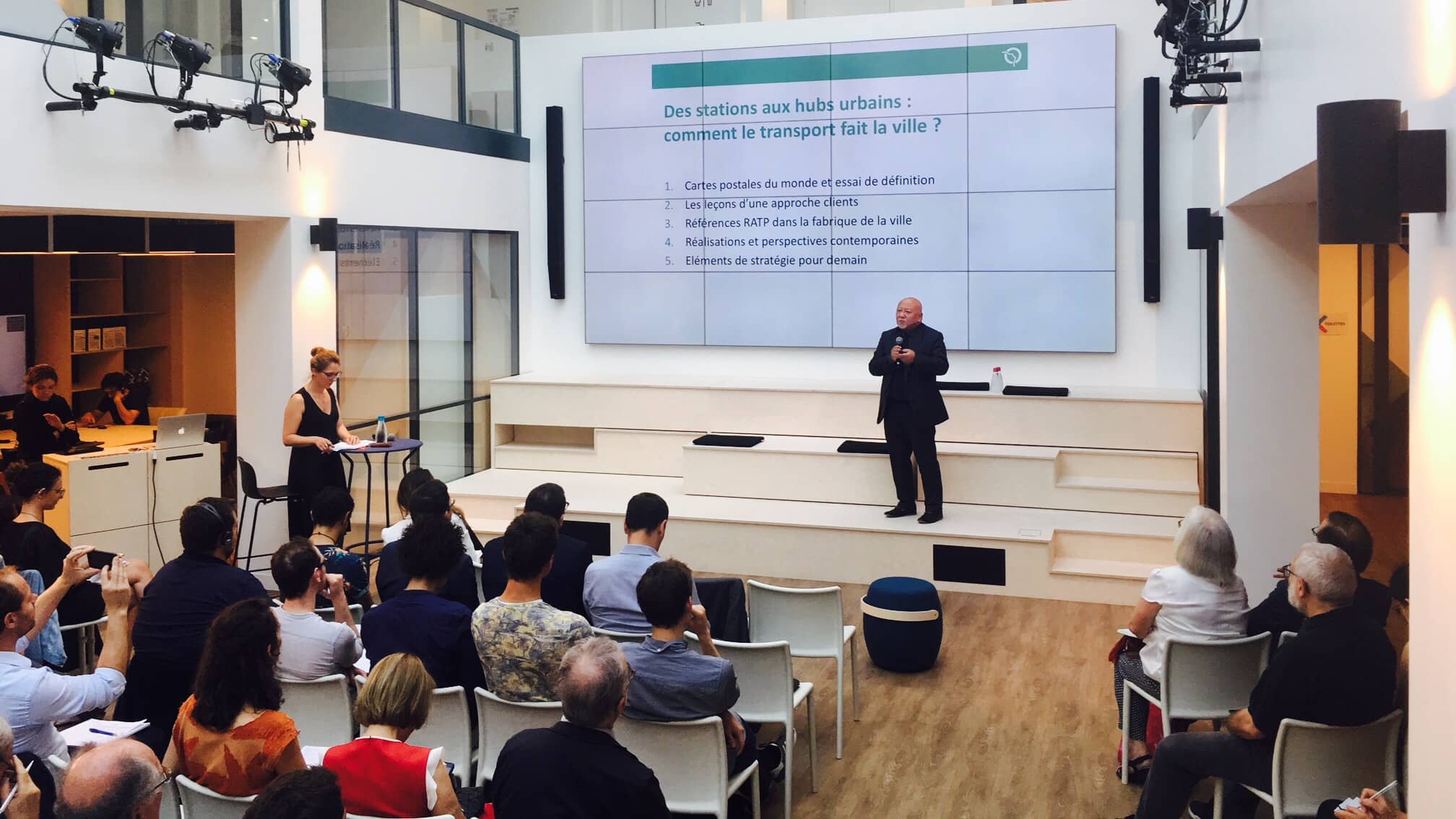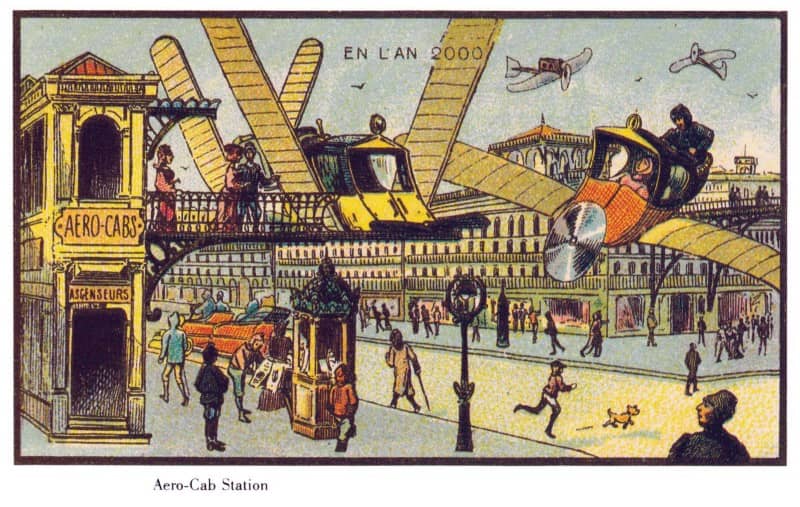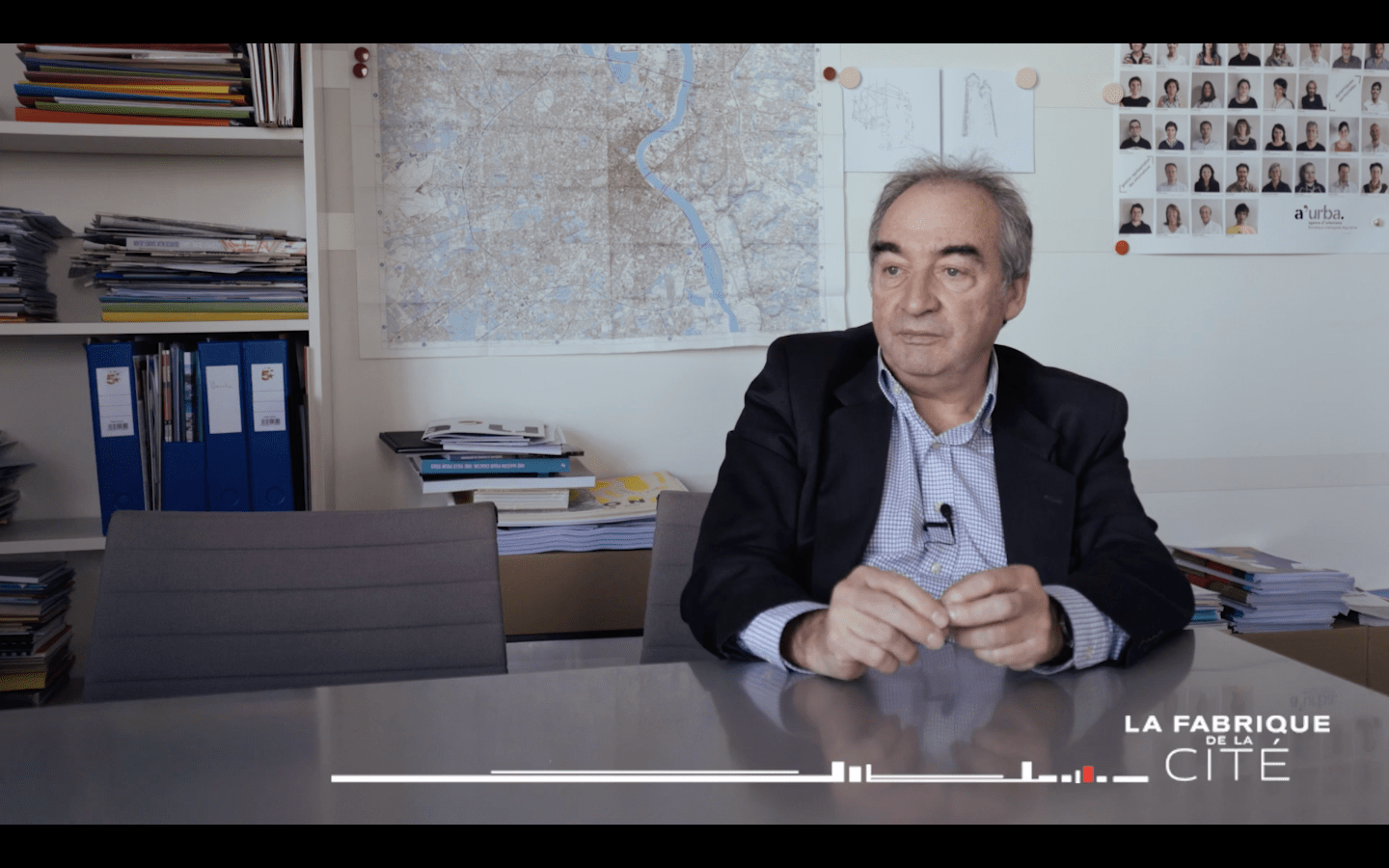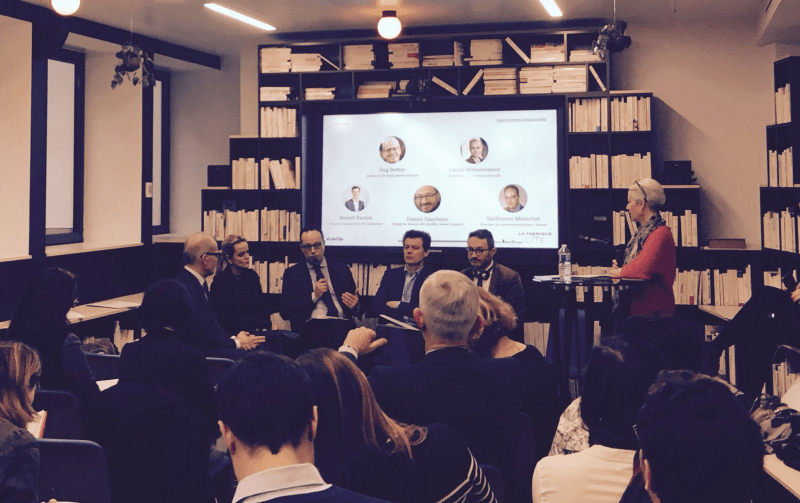

Having a Mayor’s view for USDOT
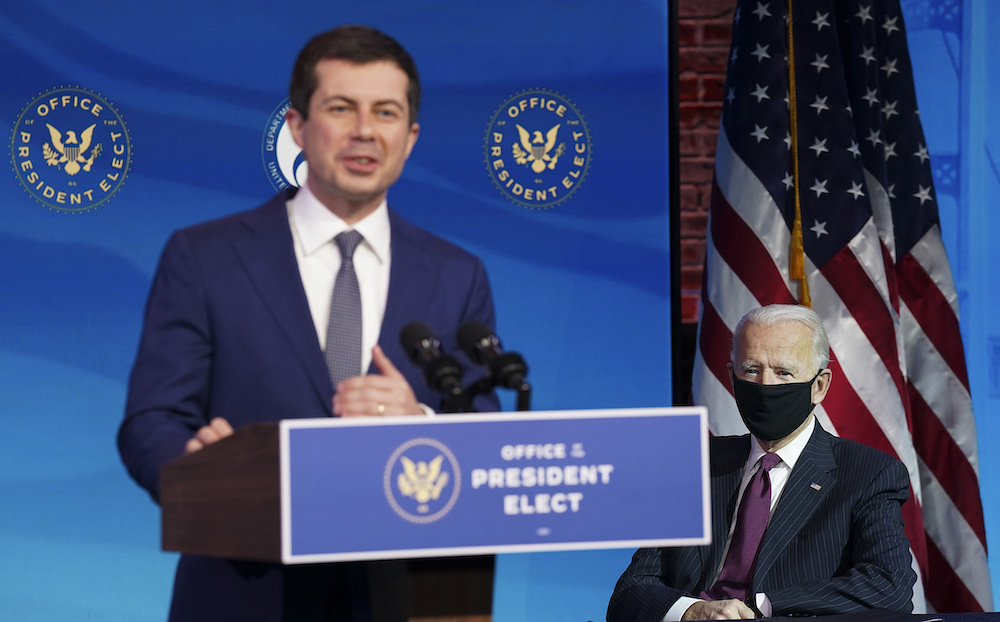
With the recent appointment of Pete Buttigieg as Secretary of Transportation, the United States intends to revitalize its mobility strategy in a complex social and economic context.
As Bruce Katz, author of The New Localism, points out, the career path of Pete Buttigieg, who previously was mayor of South Bend (Indiana) et nicknamed Mayor Pete, sets itself apart from those of its predecessors, who have climbed up the federal ladder. This former mayor of a city of 100,000 inhabitants is now at the head of a department with nearly 58,000 employees.
As surprising as it may be, this choice shows the willingness of newly elected president Joe Biden to change the way the US Department of Transportation (USDOT) works. By choosing a mayor to run USDOT, the American government seems to signal it wants to work more horizontally and start from the needs on the ground, in order to better understand local problems and their stakes at the federal level. Moreover, the appointment of the former mayor of South Bend, a former car manufacturing city located in the Rust Belt, may well put on the agenda the mobility issues of medium- and small-sized cities, which have been experiencing decline for several decades.
On the other hand, while the USDOT was a “backwater agency both in Republican and Democratic administrations”, Buttigieg’s appointment aims to put transportation, which accounts for nearly 40% of the US’ CO2 emissions, back at the center of America’s strategy for decarbonizing its economy. However, the DOT’s role will no longer be limited to funding. For Buttigieg, “transportation investment is about a lot more than dollars and cents; it is about American values at stake […]. We’ve got to make sure everything we do leads to less pollution and to infrastructure that is more resilient in the face of climate change.”
To achieve this goal, there is no silver bullet : “it can’t be a one-size-fits-all approach”, says the former mayor of South Bend. Solutions lie in strengthening dialogue and cooperation between the different territorial levels (cities, counties, states, federal) and sectors, such as transportation, housing, and energy.
These other publications may also be of interest to you:

Sending out an SOS

Behind the words: telecommuting

Behind the words: urban congestion

The political and technological challenges of future mobilities

Inventing the future of urban highways
“Dig, baby, dig”
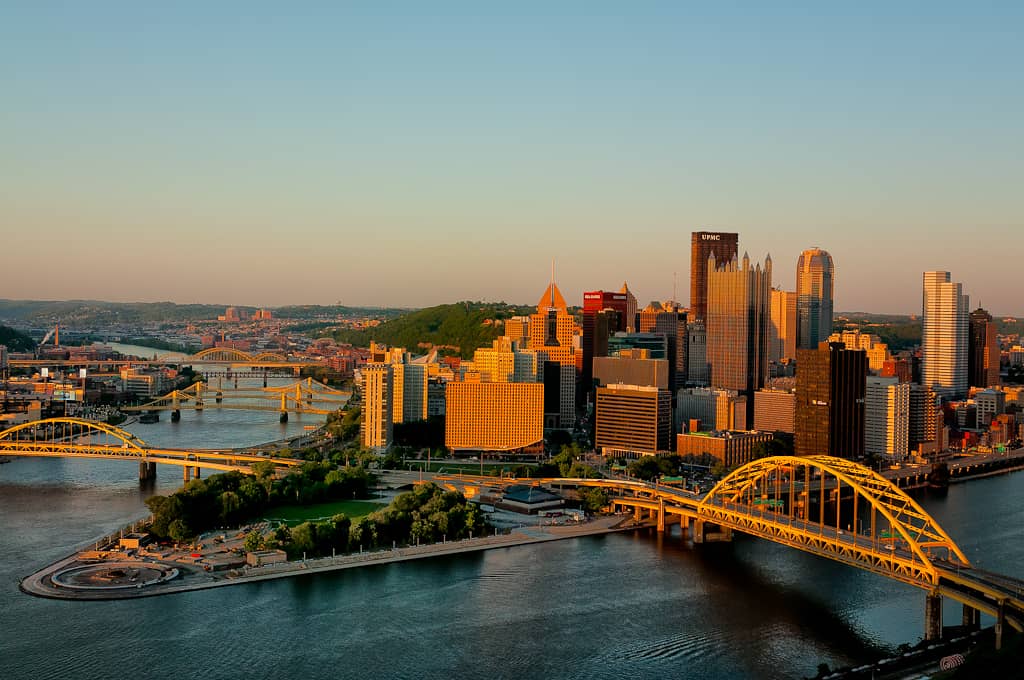
Pittsburgh: From industrial city to innovation hub
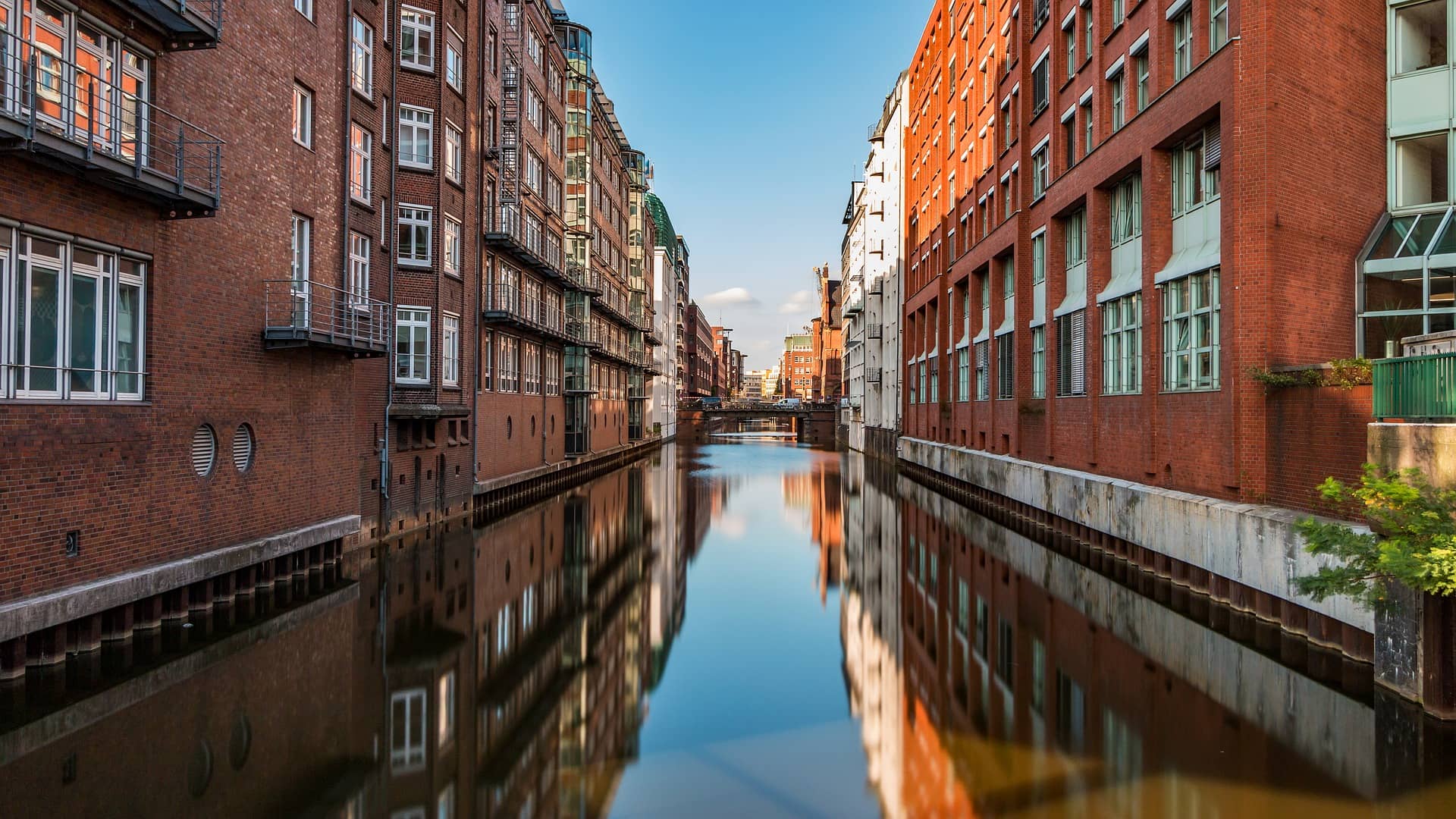
Hamburg
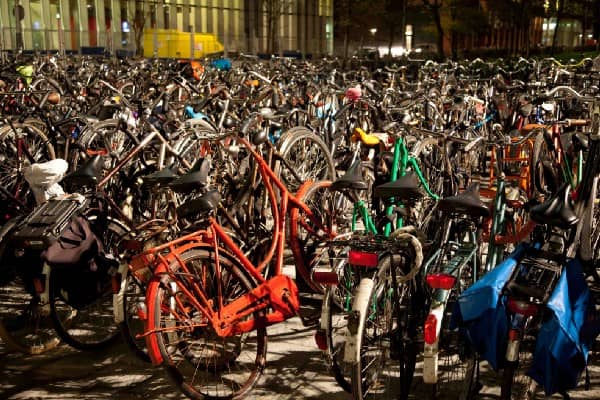
On foot or by bike? While Paris walks, Amsterdam pedals
La Fabrique de la Cité
La Fabrique de la Cité is a think tank dedicated to urban foresight, created by the VINCI group, its sponsor, in 2010. La Fabrique de la Cité acts as a forum where urban stakeholders, whether French or international, collaborate to bring forth new ways of building and rebuilding cities.


















